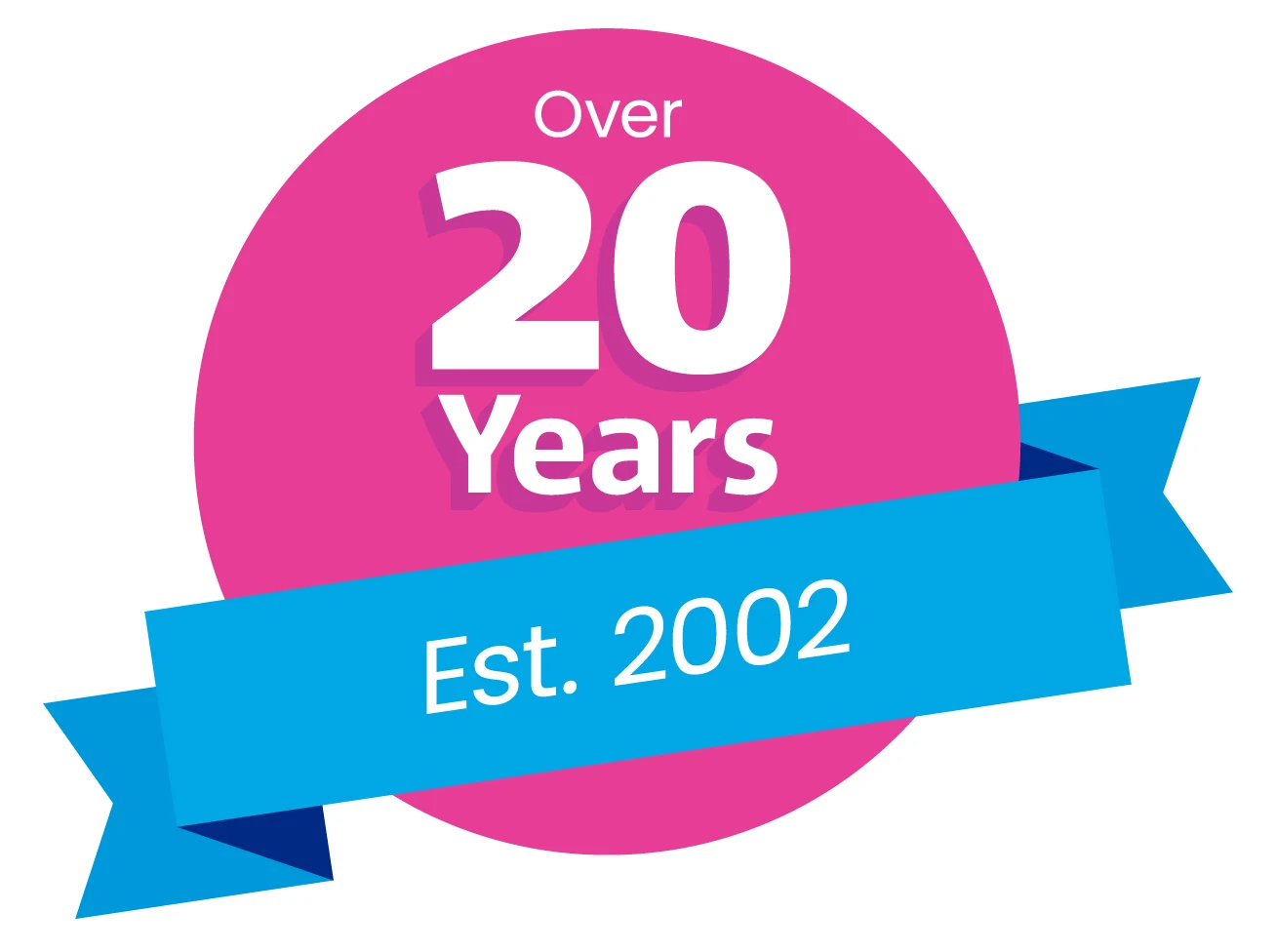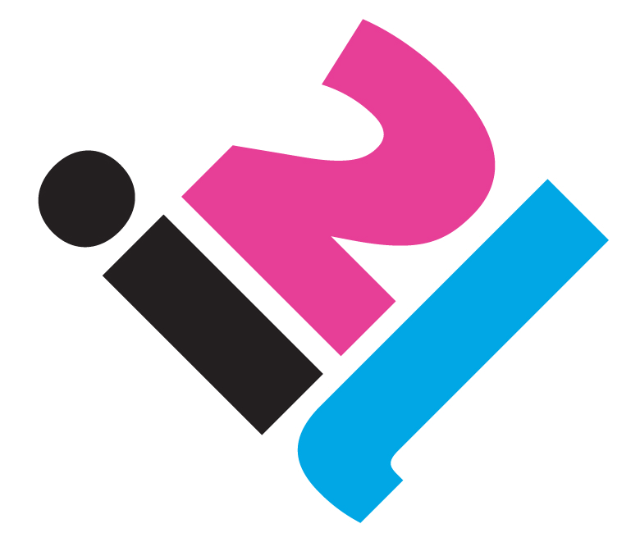Rapport – The word rapport is derived from French and means harmony or affinity with another person. Much research has now been carried out into the function of mirror neurons, with the discovery that they unconsciously enable people to match and mirror what they observe in others; with our body language and rhythms (physiology) and also spoken language. In simple terms, this means that it is possible to gain artificial but meaningful rapport with another person by deliberately matching and mirroring them, leading to increased levels of harmony and affinity.
Breathing dominates human physical functions (for obvious reasons!) and therefore it is one of the most powerful aspects to match and deepen rapport quickly. Slowing breathing is a fundamental aspect of relaxation techniques and hypnotherapy (which many coaches use in some form) and changing breathing rate and depth in others is a useful way of changing their state. Laughter and standing up out of a chair can both achieve this quickly.
An important principle of rapport is pacing before leading. Pacing enables the coach to be client centred. Leading can be helpful if the client is in an un-resourceful state. If it would be helpful for a client to relax, the coach firstly need to enter their client’s state in some way, using their physiology. Maybe they are tapping their foot anxiously and are sat up straight, so the coach could sit up straight too and tap their finger quietly on the table to match the rhythm of their tapping foot. Subtlety is key, otherwise they will think the coach a bit odd or even rude and therefore resist efforts to engage. To test if they have established rapport, the coach will then change their physiology (maybe shift in their seat) and see if the client follows their lead. If they do, rapport is deepening, which will support the coaching relationship.
With most coaching relationships, there won’t be a big need to consciously work with rapport, although it is a useful area to work at in all relationships. Occasionally a client can be more resistant or difficult in some way, or maybe they are completely different to the coach in personality and interests. This is when deliberately working at rapport can be supportive, as long as the coach doesn’t overdo it so that their efforts are consciously noticed. This could annoy the client or be unconsciously received as being a bit weird or fake, creating unease at some level and reducing trust.





